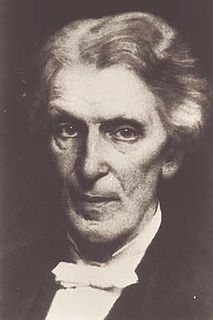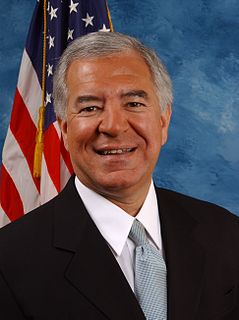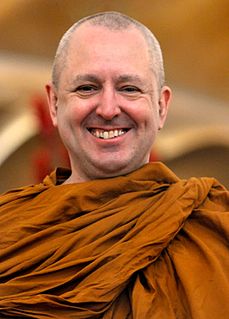A Quote by Thomas Jefferson
Our minds and hearts are free to believe everything or nothing at all - and it is our duty to protect and perpetuate this sacred culture of freedom.
Related Quotes
Nothing less than the majesty of God, and the powers of the world to come, can maintain the peace and sanctity of our homes, the order and serenity of our minds, the spirit of patience and tender mercy in our hearts. Then will even the merest drudgery of duty cease to humble us, when we transfigure it by the glory of our own spirit.
Our modern Western culture only recognises the first of these, freedom of desires. It then worships such a freedom by enshrining it at the forefront of national constituitions and bills of human rights. One can say that the underlying creed of most Western democracies is to protect their people's freedom to realise their desires, as far as this is possible. It is remarkable that in such countries people do not feel very free. The second kind of freedom, freedom from desires, is celebrated only in some religious communities. It celebrates contentment, peace that is free from desires.
The paradox is that exactly the reverse is true. Everything that’s really worthwhile in life came to us free; our minds, our souls, our bodies, our hopes, our dreams, our ambitions, our intelligence, our love of family and children and friends and country. All these priceless possessions are free.
But the things that cost us money are actually very cheap and can be replaced at any time. A good man can be completely wiped out and make another fortune. He can do that several times. Even if our home burns down, we can rebuild it. But the things we got for nothing, we can never replace.
Peace does not rest in the charters and covenants alone. It lies in the hearts and minds of all people. So let us not rest all our hopes on parchment and on paper, let us strive to build peace, a desire for peace, a willingness to work for peace in the hearts and minds of all of our people. I believe that we can. I believe the problems of human destiny are not beyond the reach of human beings.
God gave us minds to think with and hearts to thank with. Instead we use our hearts to think about the world as we would like it to have been, and we use our minds to come up with rationalizations for our ingratitude. We are a murmuring, discontented, unhappy, ungrateful people. And because we think we want salvation from our discontents.































